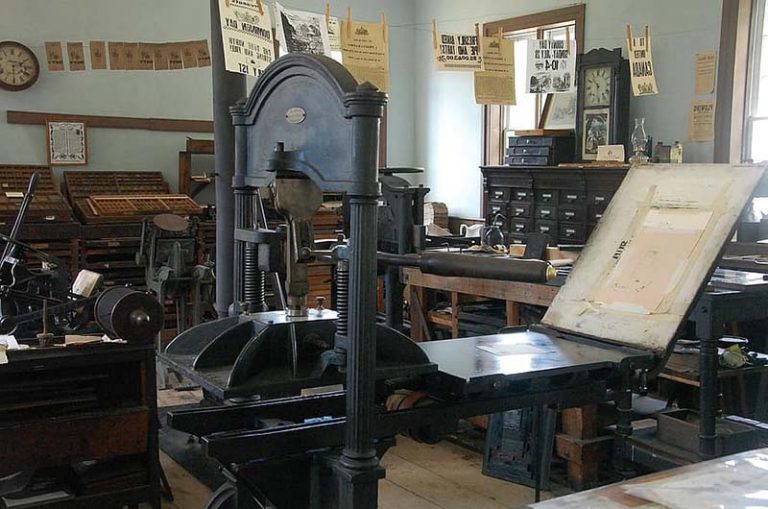First published: May 18, 2005
“Ever since agriculture first began in Canada, farmers have from time to time become extremely discontented, which has resulted in them periodically joining together to form organizations on the assumption that ‘in Union there is Strength’ and success is attained in proportion to unity of purpose.” (Schulz 1955 p.3)
If New Social Movement theorist Donatella della Porta is correct, the process of construction of collective identity is an integral component of collective action. (Della Porta and Diani 2000) The central struggle of the farmers’ movement in Canada is one of identity. The successes and failures of farmers to achieve their goals can be marked by the ability of farmers to clearly define themselves. The family farm is an iconic symbol for Canadian farmers, represented by the family-owned and operated business for the production of food. And yet, this central image would not fully unify the movement. Farmers would organize themselves around the commodities they produced, such as wheat, dairy, beef cattle, eggs, poultry, etc., to protest the problems they faced. This dual identity would facilitate the immense growth of the farmers’ movement, through to a time when political parties were formed in the 1920s and 1930s, under the influence of people like Henry Wise Wood and William Irvine. (MacPherson 1953) These men would develop broad social philosophies that would seek to reorganize society and restructure power in favour of the agricultural class. But these ideologies were not sustained and the political parties failed to hold power. While some farmers would support the formation of political parties, others would argue that the agricultural community should stay away from formal politics and stick to protest. And while collective action was a hallmark for the movement, the fierce individualism of farmers would be divisive. This would be borne out by the number of separate organizations that would be formed, failed and then reborn under new guises with none able to speak broadly on behalf of all farmers. (Schulz 1955)

